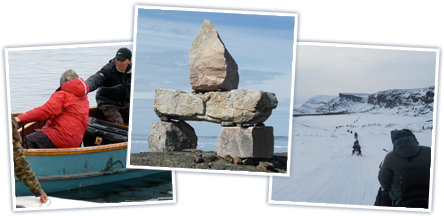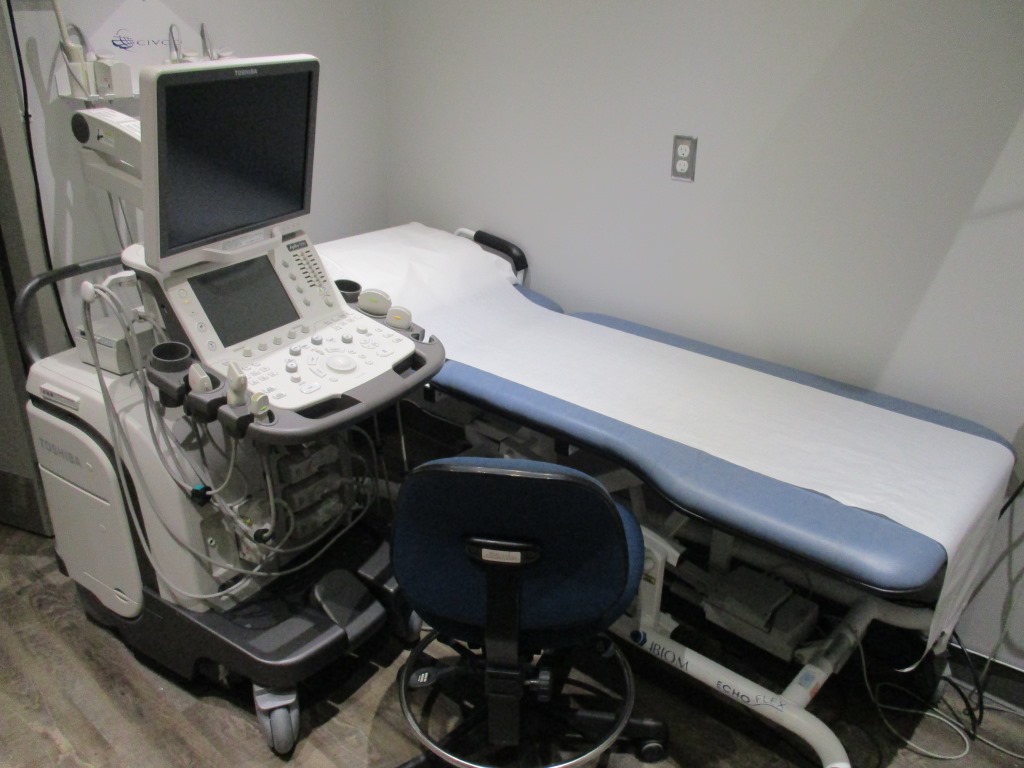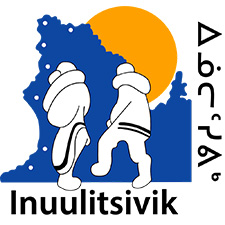
Healthcare and Services
Midwives
THE MIDWIVES
The midwives practice in Nunavik is a model of integration of traditional knowledge and modern medicine. The Inuit midwives work in the maternity department in Puvirnituq since its creation in 1986.Their practice and formation developed. Their practice and their formation have developed in order to meet the realities of families in the north, their cultural and community context, and the reality of health care in remote areas, within a multidisciplinary team.
In the 1990’s, 2 maternity wards have been created, one in Salluit, the other in Inukjuak. Teams of midwives offer pre-per and postnatal care in 3 of the 7 communities of the Hudson Coast. The presence of midwives in the north has allowed Inuit communities to reclaim the experience of pregnancy and childbirth, avoiding the separation of families. Indeed, the opening of maternity wards ended a time when pregnant women had to leave their family at 37 weeks of pregnancy to give birth in the South, in Montreal or Moose Factory. In this context, the women gave birth in a culture and a language different from their own. « We expect that these women receive more care than here, which is not always the case. So, why not leave them in their environment? At least here the pregnant woman does not stay alone. Moreover, she is followed by people who understand the language and the customs. To get back in Nunavik the deliveries done in Montreal or Moose Factory in Ontario was a request of the population. » Nellie Qumaluk, midwife. Through the work of midwives in the maternity wards of the Hudson Coast, approximately 92.2% of deliveries are done in Nunavik, while only 7.8% of women have to travel to Montreal to give birth
Indeed, only women with high risk pregnancies have to travel south to give birth. Women presenting some risk factors or women coming from communities without a maternity ward, come to Puvirnituq to give birth, where there is always a doctor available for a consultation or an emergency. Decisions concerning the care plan and the location of the delivery are taken within the perinatal committee, a weekly meeting where doctors, nurses and midwives gather to review the files of women from the 7 communities of the Hudson Coast who are at least 34 weeks pregnant. If necessary, phone consultations are made with specialists in Montreal. In case of an emergency transfer, a doctor and a midwife are responsible for the security of the pregnant woman during the plane transfer.
The midwives are the first responsible for the pregnancy follow-up, the delivery and the post-partum care, up to 6 weeks after the birth. They also provide care outside of pregnancy, from adolescence to menopause, such as contraception, STI prevention, uterus cancer screening and self-exam of breast. Prevention and community health are the heart of their work.
Inuulitsivik’s midwives training program is a formation based on learning by practicing in a clinical environment. The formation is completed with formations and learning modules. The student midwife provides pre, per and postnatal care under the supervision of a senior midwife. Inuulitsivik training programs is officially recognized since 2008 by the ministry of the Health of Quebec and has also been acclaimed by numerous international organizations such as the International Confederation of Midwives, World Health Organization and the Canadian Society of Obstetricians and Gynecologists. At the end of the formation, the student midwife is recognized as competent by the College of midwives of Quebec (OSFQ). To this day, 2 Inuit midwives are registered to the OSFQ and another 10 students should complete their training in the next years.

